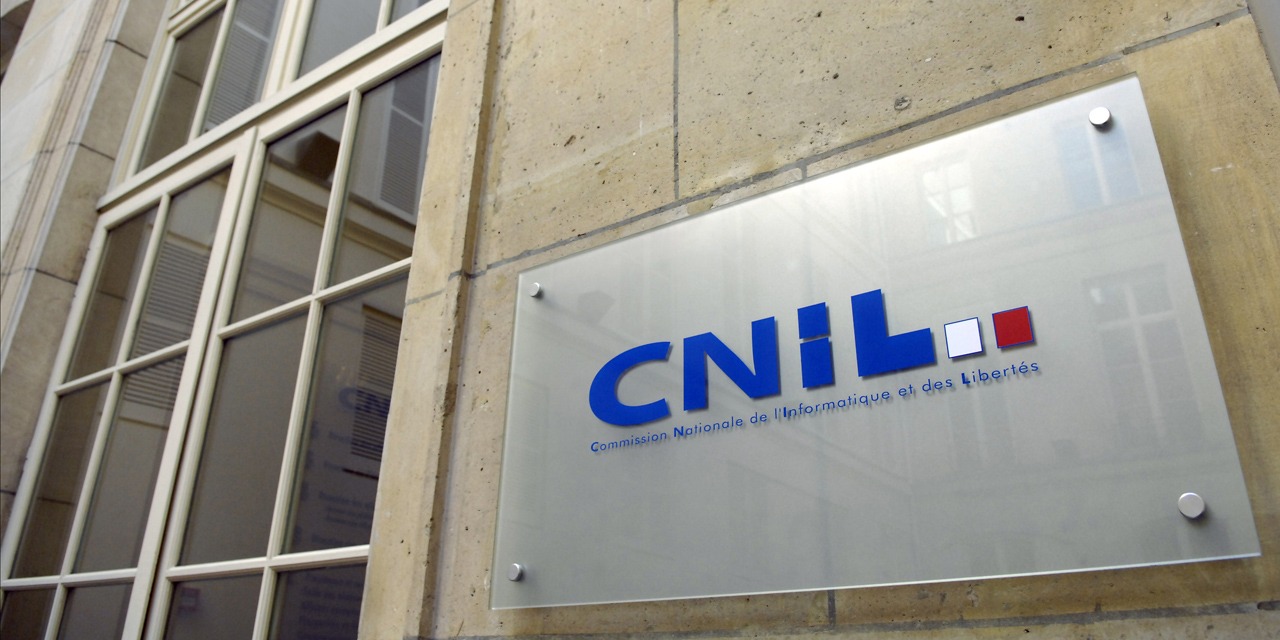The CNIL is determined to force websites to comply with the legislation on cookies by the beginning of September.
The personal data gendarme targets around forty "major" digital players, without giving their names.
The CNIL is determined to force websites to comply with the legislation on cookies, she said in a statement on Monday, announcing a second series of formal notices targeting "forty" recalcitrant players. Without revealing their name, the personal data policeman lists in particular "four major platforms of the digital economy, six major manufacturers of computer hardware and software, six online sales companies of consumer goods, two major players in tourism in line, three vehicle rental companies, three major players in the banking sector "...
Also concerned are "two large local authorities" and "two online public services".
These bodies have until September 6 to comply, explains the regulator, which launched a control campaign in April.
Fines of up to 2% of turnover
The CNIL had already announced at the end of May about twenty formal notices, targeting in particular "important companies in the digital economy", which it then lifted on June 29 after having observed compliance. The regulator had also indicated that it had noted breaches on other websites and was considering sanctions. "This new campaign of measures complements the procedures underway before the restricted formation of the CNIL (the body responsible for pronouncing sanctions) and which are likely to result in fines of up to 2% of the turnover. business, ”he says.
In October 2020, the National Commission for Data Protection and Civil Liberties published its "recommendation" on targeted advertising, the result of a long consultation process to apply the principles of the European General Data Protection Regulation (GDPR), which entered into force in 2018.
In particular, the regulation provides for explicit consent to the collection of personal data.
Concretely, the regulator had specified in October that he wished that on the banners of collection of the consent, the button "Refuse all" be as easy of access as "Accept all".
The CNIL had left the publishers of sites and mobile applications six months to adapt.

